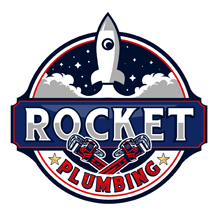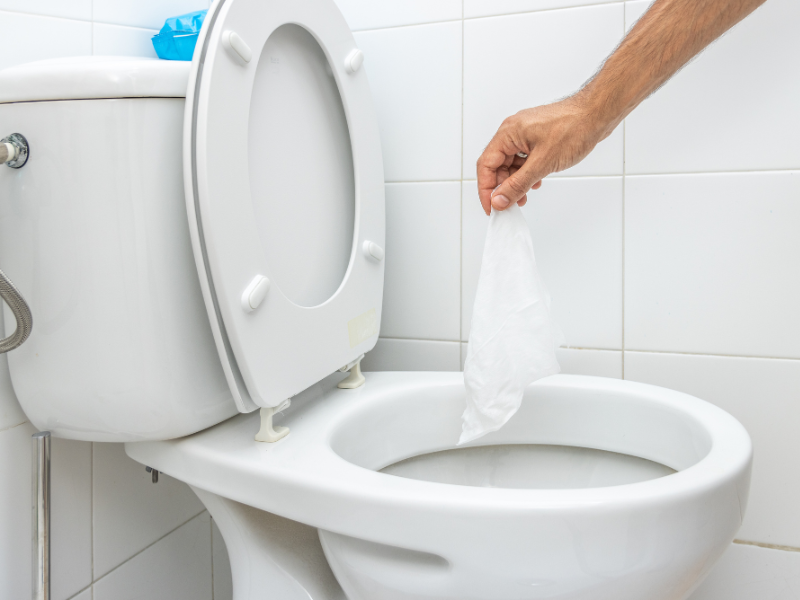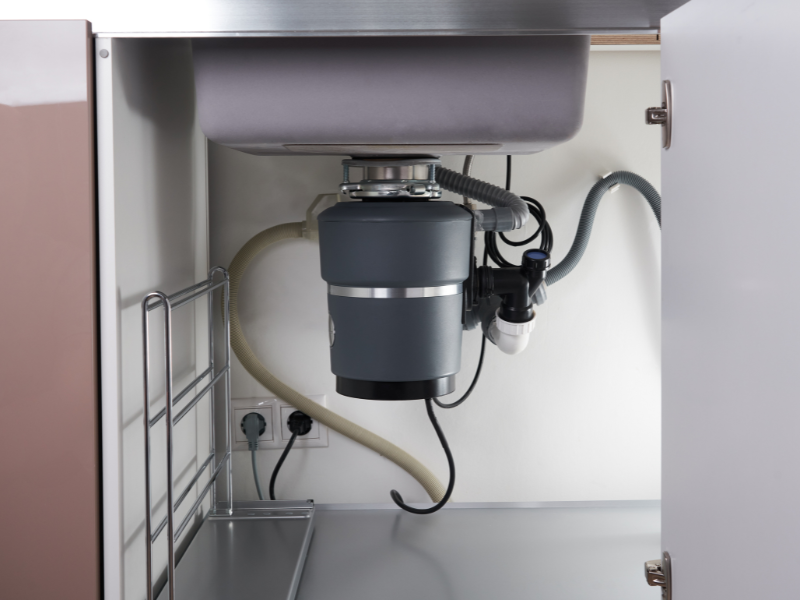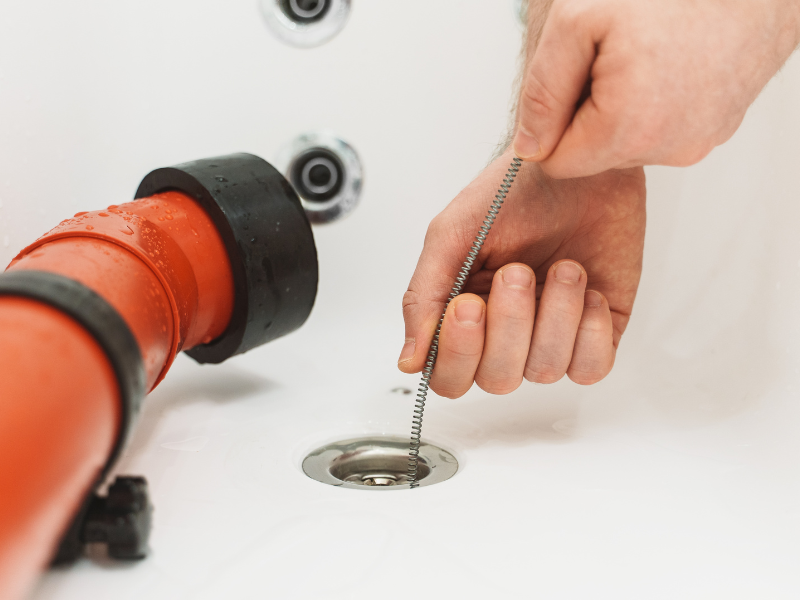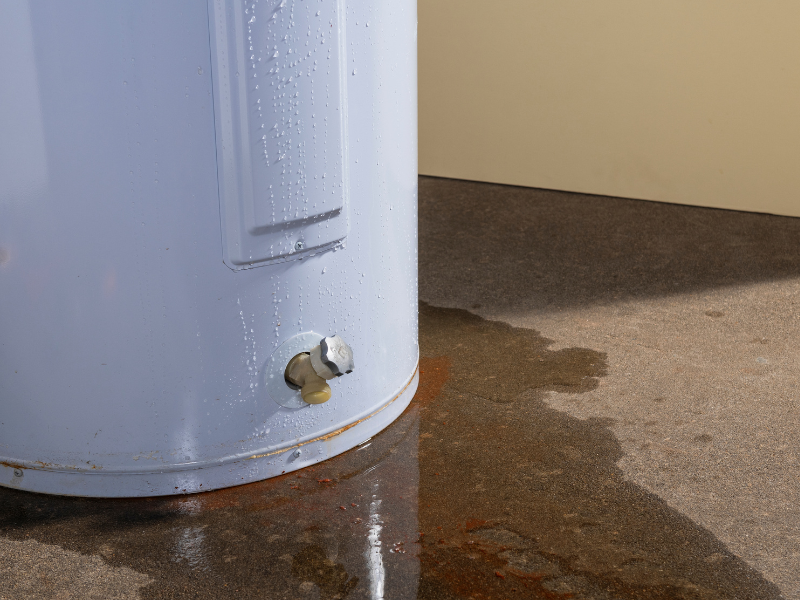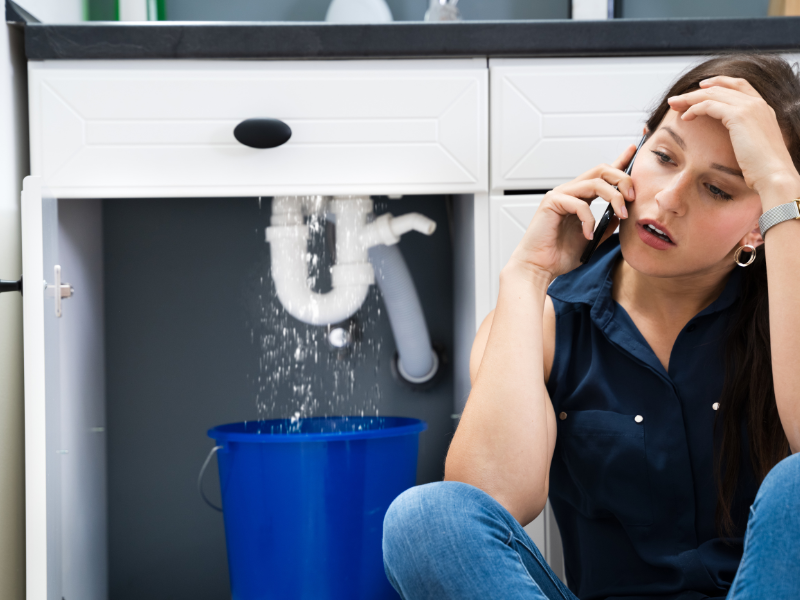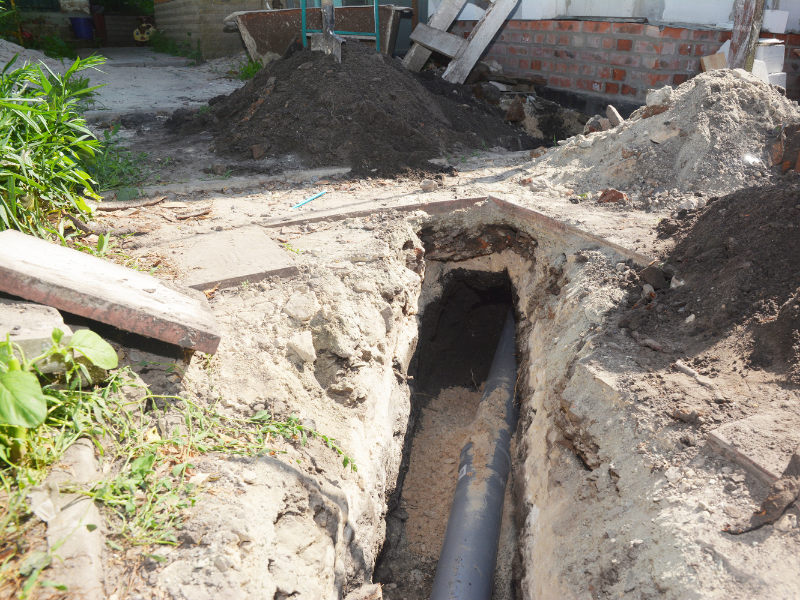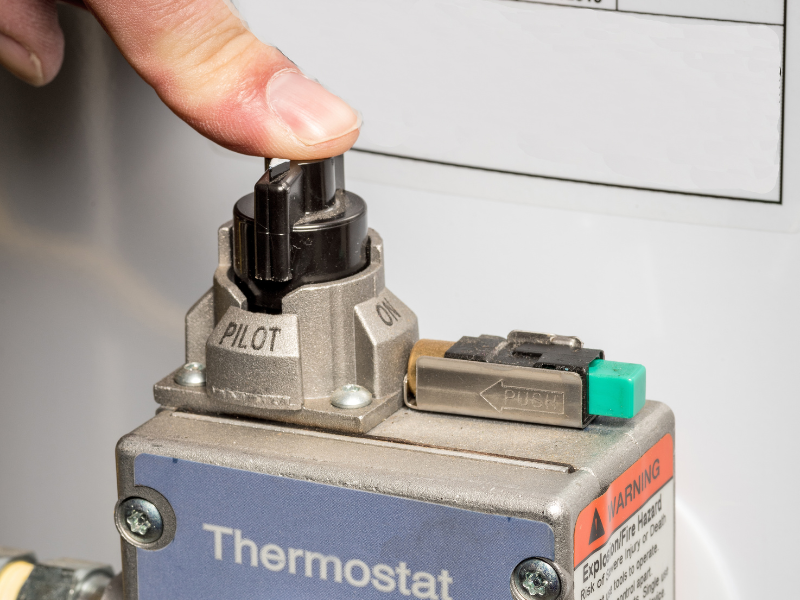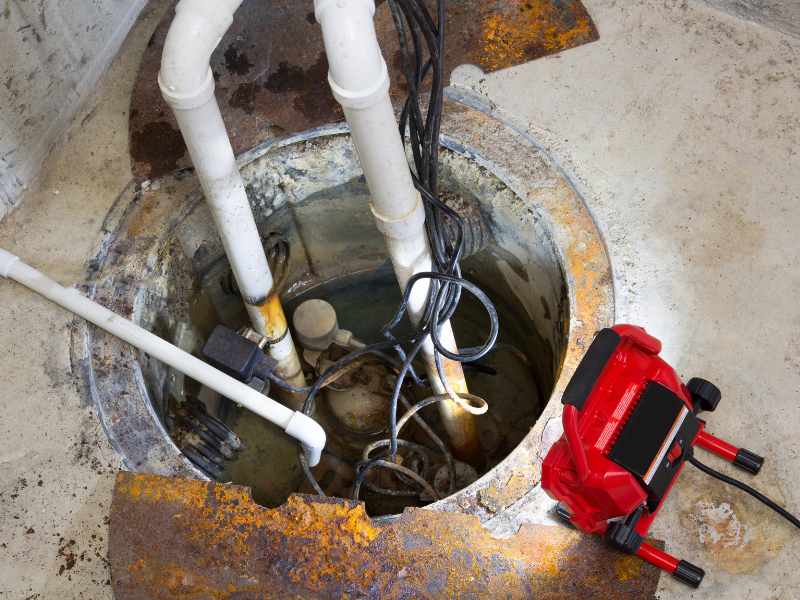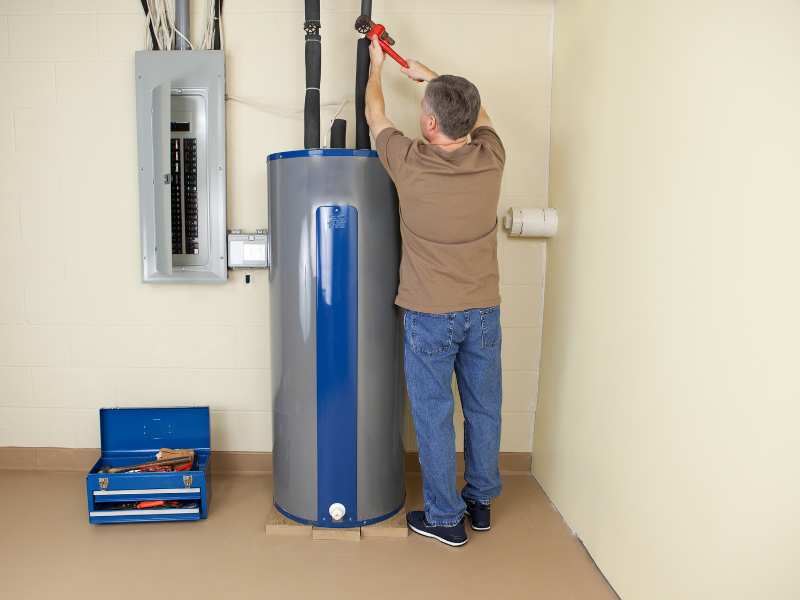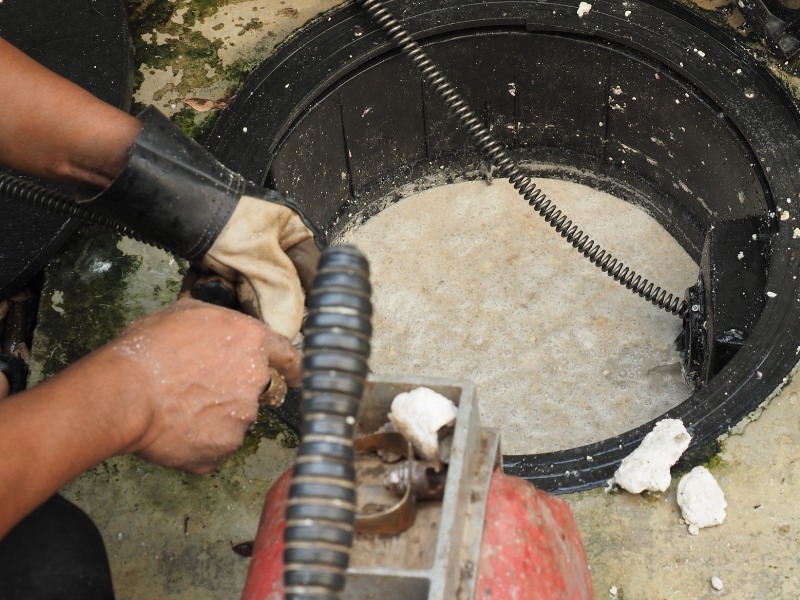Flushable wipes have become increasingly popular in recent years, marketed as a more hygienic alternative to toilet paper. They’re soft, convenient, and labeled as “flushable”—which leads many to believe they’re completely safe to dispose of in the toilet.
But here’s the dirty truth: flushable wipes are one of the most common causes of household drain clogs and municipal sewer system blockages. Despite their branding, these products aren’t as safe for your plumbing as you might think.
At Rocket Plumbing, we’ve helped countless homeowners clean up after wipe-related disasters. So, let’s dig into what makes these wipes problematic, what you should flush instead, and how to avoid costly plumbing repairs.
What Does “Flushable” Really Mean?
The term “flushable” is not strictly regulated. In most cases, if a product can physically pass through your toilet’s trap and enter the drain system, manufacturers consider it flushable. But passing through your toilet is not the same as being safe for your pipes.
Unlike toilet paper, which is designed to dissolve quickly in water, flushable wipes are made with synthetic materials like polyester and plastic resins. These fibers give the wipes their strength and durability—but also make them highly resistant to breaking down in water.
Studies and municipal reports consistently show that most flushable wipes remain intact for hours, days, or even weeks in the sewer system. That means they have plenty of time to snag on roots, joints, or debris, starting the formation of major blockages.
How Flushable Wipes Damage Your Plumbing
If you’ve ever experienced a slow drain, clogged toilet, or sewage backup, flushable wipes might be the culprit. Here’s how they create plumbing problems:
1. Blockages in Your Home’s Pipes
Wipes don’t break down the way toilet paper does. They can easily catch on imperfections inside your pipes—like corrosion, bends, or existing debris—and start forming clogs. Over time, this buildup restricts flow and causes water (and waste) to back up.
2. Sewer Line Obstructions
In many cases, wipes make it past your toilet and into your sewer line—but that doesn’t mean the problem is gone. When multiple wipes collect in the line, especially when mixed with grease or other debris, they can form a dense, stubborn clog deep underground.
3. City Sewer Damage and “Fatbergs”
Cities across the U.S. have spent millions of dollars clearing massive blockages known as fatbergs—solidified lumps of wipes, grease, and trash. These disgusting formations can weigh hundreds of pounds and cause serious damage to pumps and treatment systems.
Flushable Wipes vs. Toilet Paper: What’s the Difference?
| Feature | Toilet Paper | Flushable Wipes |
| Biodegradable | ✅ Yes | ❌ No (made from synthetic fibers) |
| Breaks down in water quickly? | ✅ Dissolves in seconds | ❌ Can take weeks or months |
| Safe for pipes and sewers? | ✅ Designed to be | ❌ Risk of clogs and buildup |
| Treated at wastewater plants? | ✅ Easily filtered | ❌ Often removed manually |
Simply put, flushable wipes may disappear from view, but they don’t disappear from your plumbing.
Real Talk: What Plumbers Want You to Know
At Rocket Plumbing, we’ve pulled wipes from:
- Bathroom sink drains
- Shower and tub traps
- Main sewer lines
- Septic systems
In nearly every case, the homeowner was surprised—because they assumed “flushable” meant safe.
What You Can Do Instead
If you enjoy the cleanliness that wipes provide, there are alternatives that are easier on your pipes:
1. Wipe-and-Toss Method
Continue using wipes, but dispose of them in a lined trash can rather than flushing them. This eliminates the risk to your plumbing system while maintaining your hygiene routine.
2. Upgrade to a Bidet
Bidet attachments and sprayers have gained popularity for their comfort, eco-friendliness, and plumbing-safe design. They reduce or eliminate the need for wipes and can even help cut down toilet paper use.
3. Educate Your Household
Make sure everyone in your home (and guests!) knows what’s safe to flush and what’s not. Keeping a small waste bin in the bathroom makes proper disposal easy.
Think You Have a Wipe-Related Clog? We Can Help
If you suspect that flushable wipes may be causing your plumbing issues, don’t wait for the problem to get worse. At Rocket Plumbing, we use professional tools like drain cameras, hydro jetting, and pipe locating to find and eliminate blockages quickly and safely.
Common signs of wipe-related blockages include:
- Slow-draining sinks and tubs
- Frequently clogged toilets
- Gurgling noises from your pipes
- Sewage smells in or around your home
- Water backing up in multiple fixtures
Final Flush: Don’t Let the Label Fool You
The word “flushable” might look reassuring on the package—but the truth is clear: most flushable wipes are not safe for your pipes. The short-term convenience often leads to long-term consequences, including costly repairs and emergency plumbing calls.
If you want peace of mind, play it safe. Stick to toilet paper, ditch the wipes, and call Rocket Plumbing at the first sign of trouble.
Need Plumbing Help in Charlotte or Beyond?
We serve homeowners and businesses throughout Charlotte, Matthews, Mint Hill, Cornelius, Davidson, and the greater Lake Norman area.
